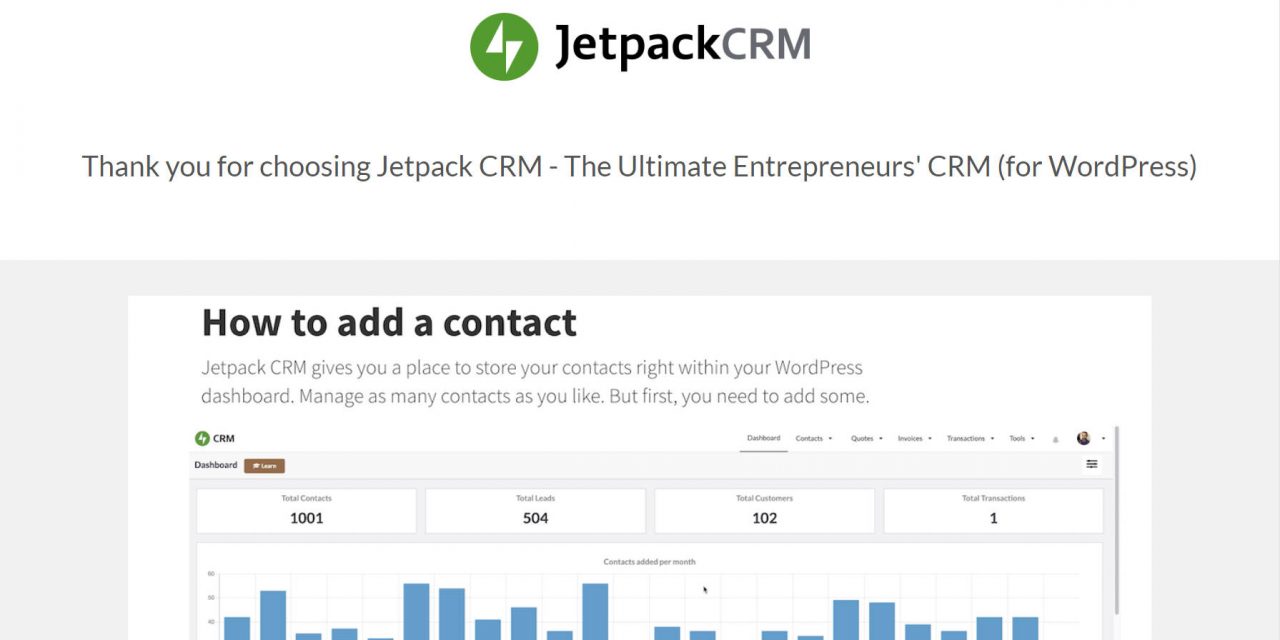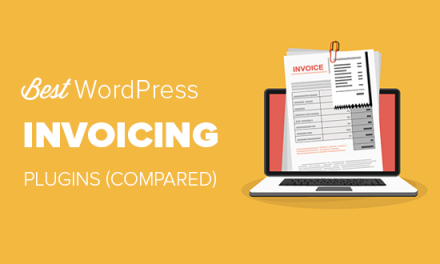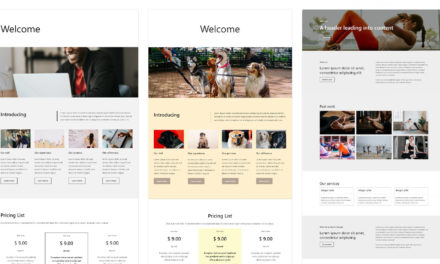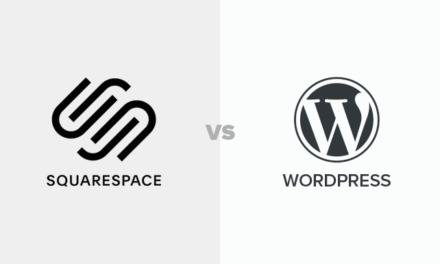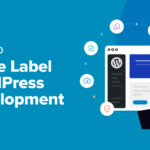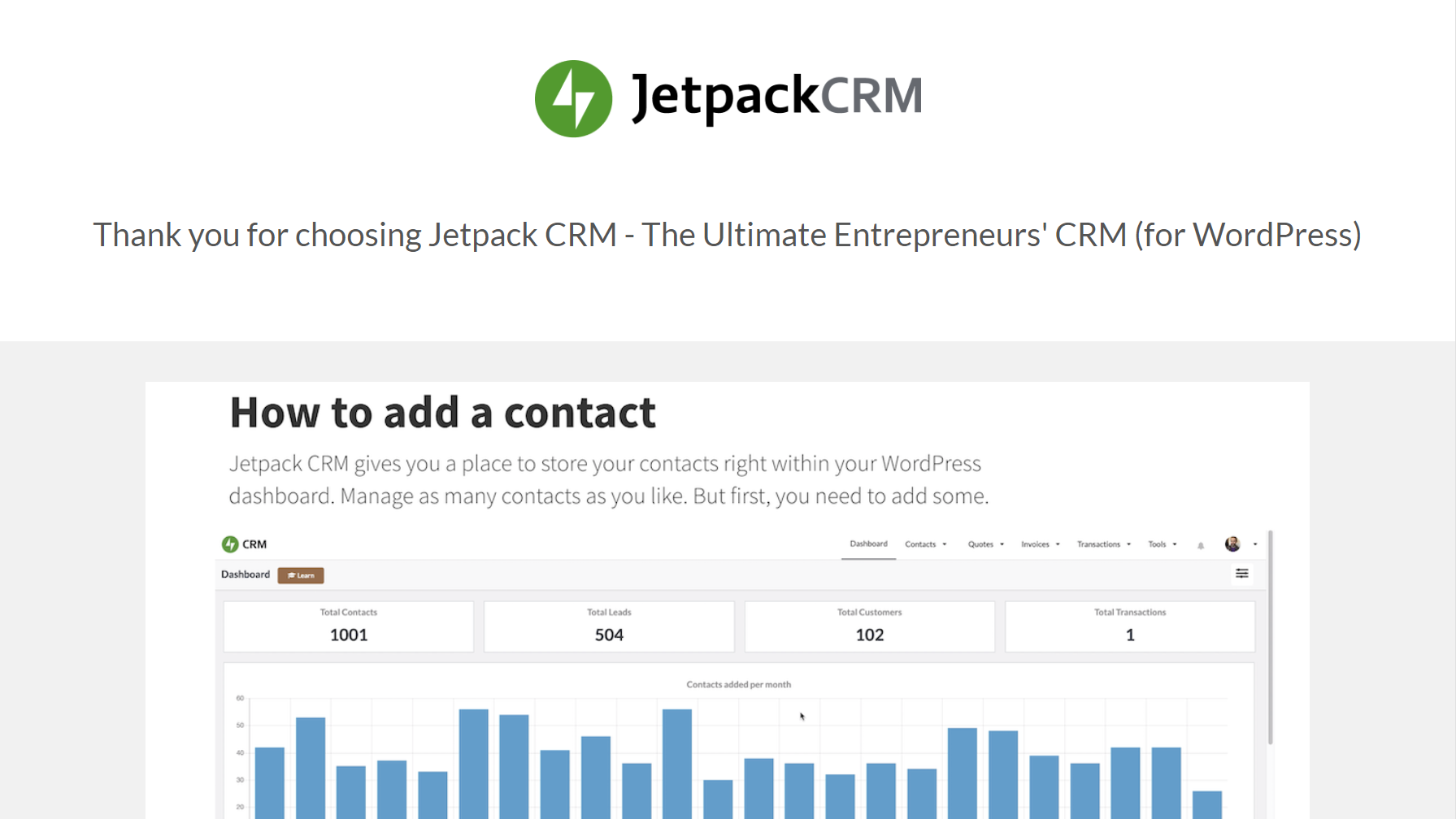
Mike Stott, co-creator of Zero BS CRM, announced the launch of Jetpack CRM on Monday. The news was the seemingly inevitable rebranding of the original plugin that he and Woody Hayday had built. Automattic, the owner of the Jetpack plugin, acquired the project almost a year ago. While Jetpack CRM carries the “Jetpack” name, it is still a standalone project and has a dedicated website.
CRM stands for “customer relationship management.” Such systems allow businesses to manage relationships through an interface but can vary extensively in user experience. The goal is to manage contacts, sales, and productivity through the software.
The duo of Stott and Hayday have had a bit of a journey in the past year. In August 2019, Automattic acquired the project and provided the resources for the team to continue working on Zero BS CRM. The 3.0 launch in December 2019 was a massive undertaking that included a major database change and UI improvements. Since then, they have worked toward rebranding the project. Stott also did this with a newborn in his family.
When version 3.0 of Zero BS CRM launched, Stott said they were still discussing whether to rebrand and bring the plugin under the Jetpack umbrella. They were gathering user feedback at the time, but his primary focus was on developing features. The name was not the foremost thing on his mind. However, branding can make or break even a good project, and Jetpack is as close to a household name as any product coming out of the WordPress ecosystem. It made sense to lean on that branding.
“Jetpack’s mission is to help entrepreneurs and small businesses succeed by providing tools that keep their sites fast and secure,” said Stott. “We felt that from within the Automattic family, this was a great match. We created ZBS CRM with the same end goal in mind — helping you succeed through better customer relationships, so it just made sense.”
After nearly a year beyond the acquisition, Stott feels like things are going great within the new environment at Automattic. “We’ve found the right product fit within Automattic,” he said. “In Jetpack, we’re happy that we can really push the CRM, and it’s exciting to be part of the bigger WordPress family and being able to integrate with WooCommerce, etc.”
Version 4.0 of the plugin primarily changes the branding in the admin and lightens the UI background. The team has also continued to add small changes.
“Looking ahead, we’re excited to continue developing the CRM following user feedback,” said Stott. “We’ll be working on our roadmap and, of course, how we can best integrate with the Jetpack family.”
Growing and the Future
Jetpack CRM currently has 3,000 active installs. This is up from 2,000 since the launch of version 3.0 last December. It has been a slow road thus far. However, there is room for growth. The leading CRM plugin, Hubspot, has 100,000 active installs. There should be plenty of room for competing plugins in the CRM market.
“There’s a massive opportunity for CRM in the WordPress space,” said Stott. “A CRM is not like installing an SEO plugin on every website you own — generally you’d only have a single CRM for your business — but it’s the core of your business. The fact that 3,000 users and counting are choosing WordPress to run their CRM is a great start.”
The Jetpack brand should help spur some of the growth, particularly if Automattic pushes it as an add-on within the primary Jetpack plugin.
“[Jetpack] has substantial reach among website owners who would benefit from a CRM but may not know what a CRM is,” said Stott. “While we’re happy that the plugin is still growing organically, we are just about set up to really push Jetpack CRM with full force.”
Stott believes the Hubspot comparison isn’t apples-to-apples. Unlike Jetpack CRM, the Hubspot plugin pushes users to an app that is hosted off-site.
“While this makes sense for some users, it doesn’t really take advantage of the huge benefits that native WordPress plugins offer,” he said. “Jetpack CRM sits on the user’s servers. Users manage and control their own data — a huge win under the GDPR whereas a site owner you’re legally required to know where your data is held. Not to mention that the plugin is also extendable.”
Stott said he has always loved the WordPress community’s open-source approach and the freedoms that it provides to build something custom or extend what is already there. There should be ample opportunity for developers to extend Jetpack CRM’s codebase.
“To my mind, there has never been a more exciting time for plugins like Jetpack CRM, which we envision as the ‘business layer’ for modern entrepreneurs, much like WooCommerce has democratized eCommerce,” he said.

